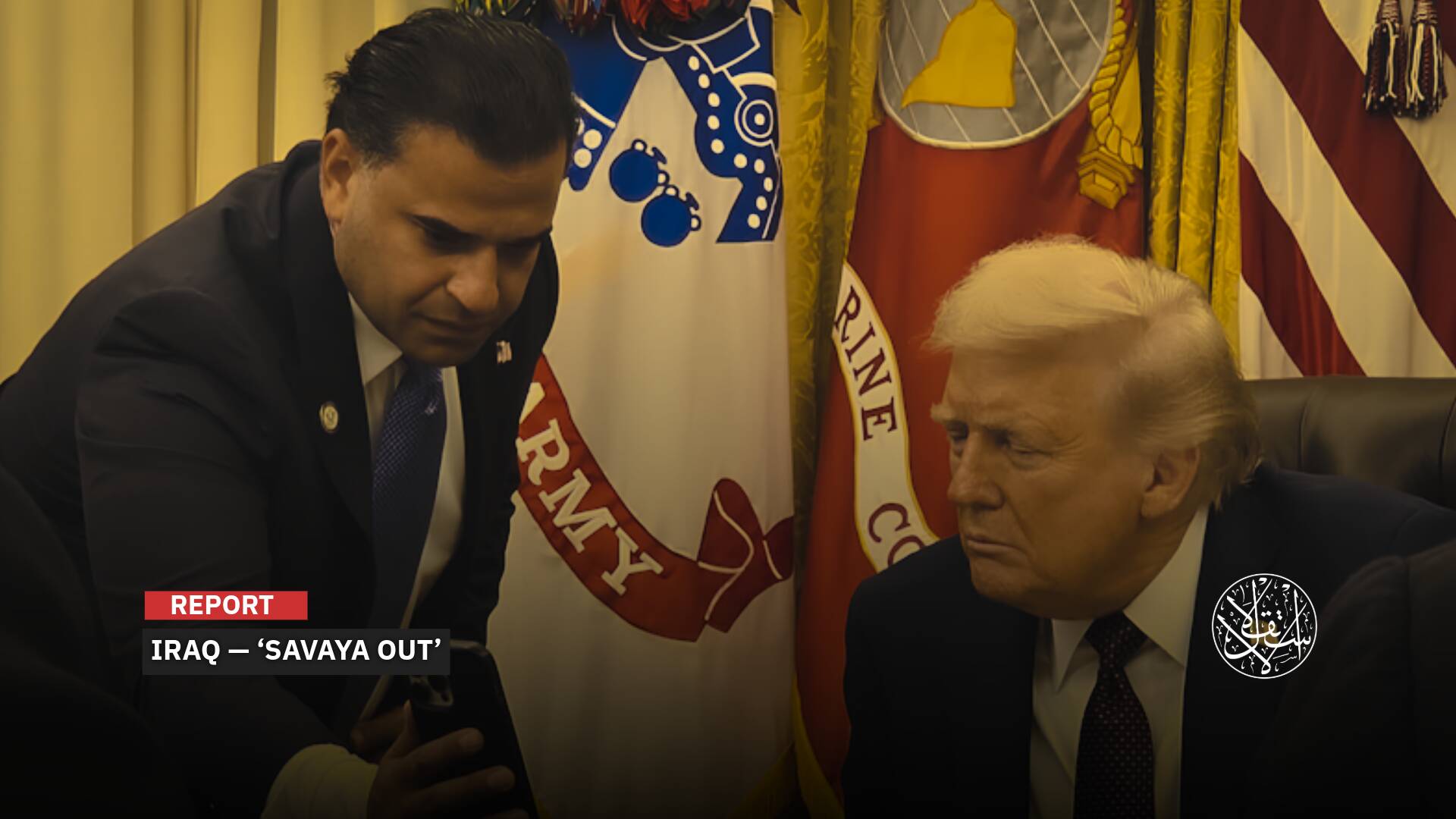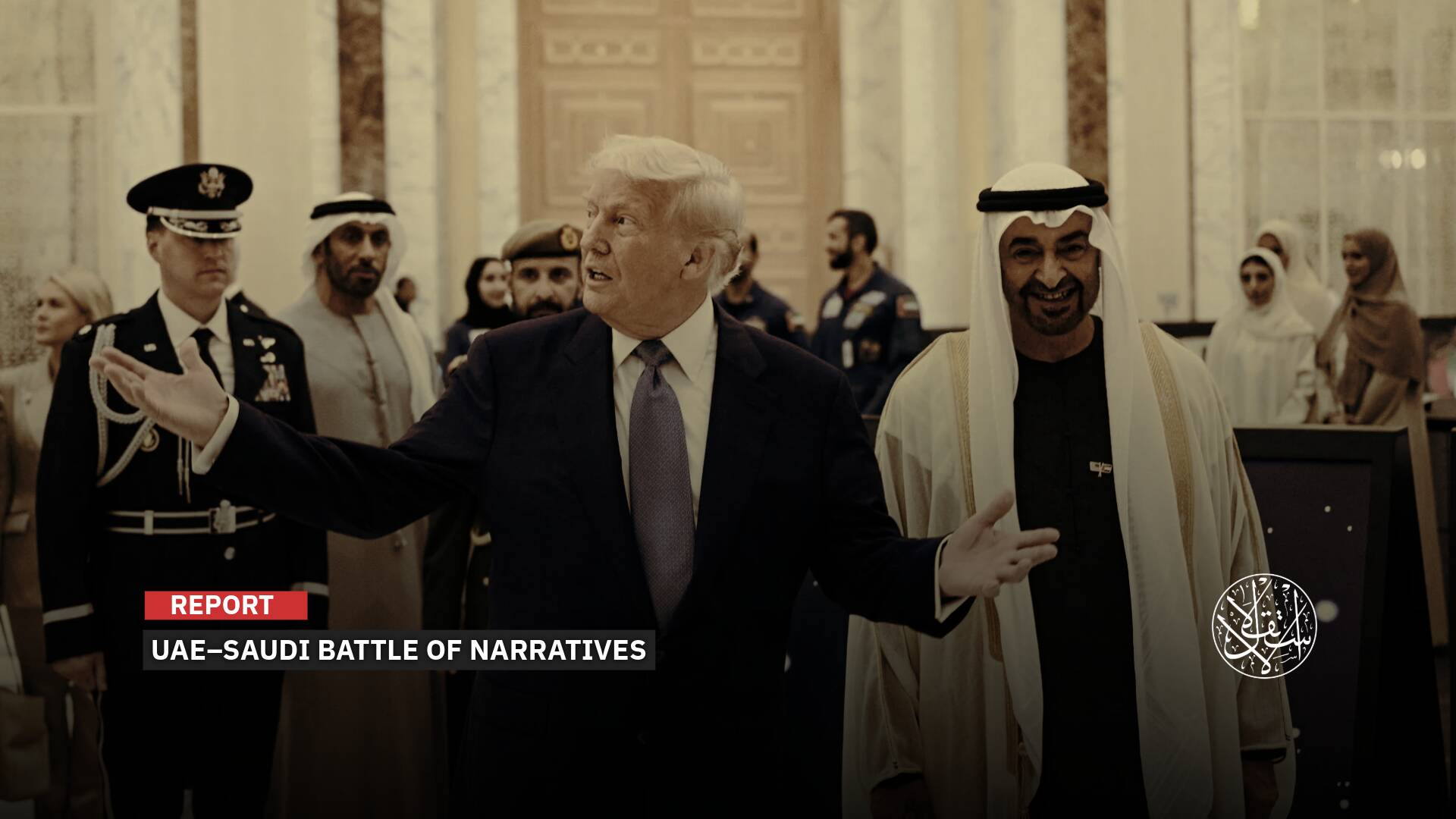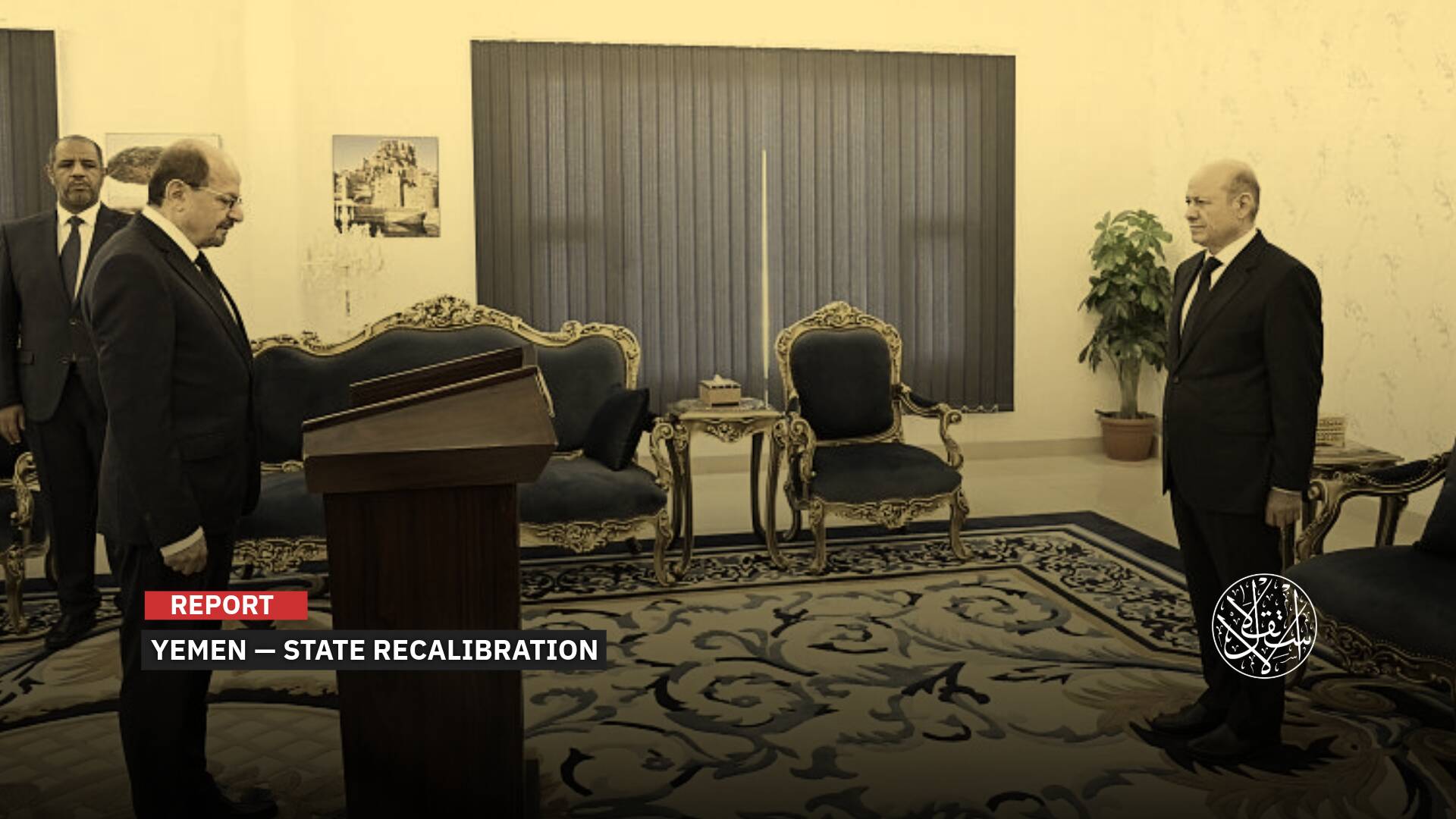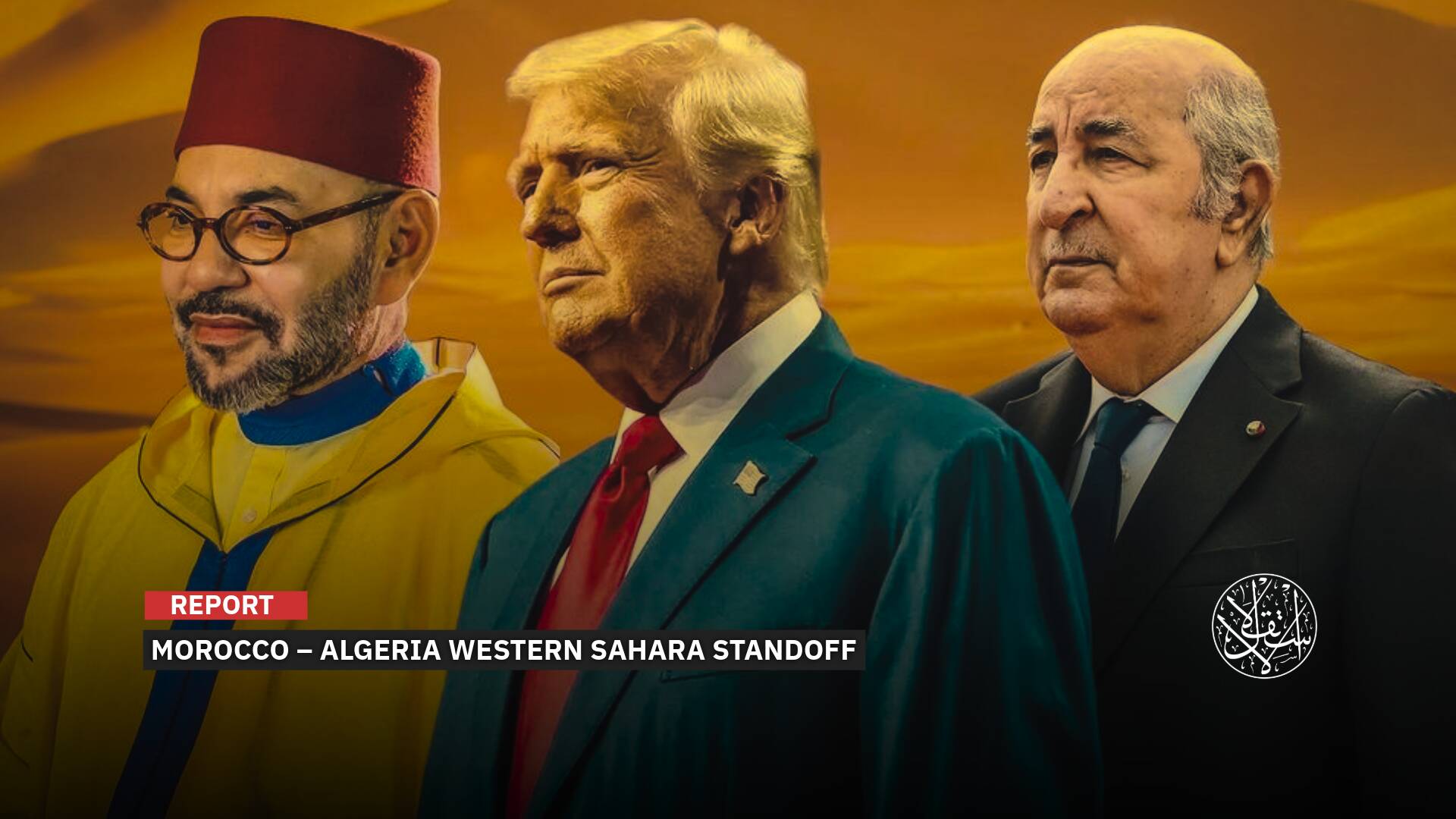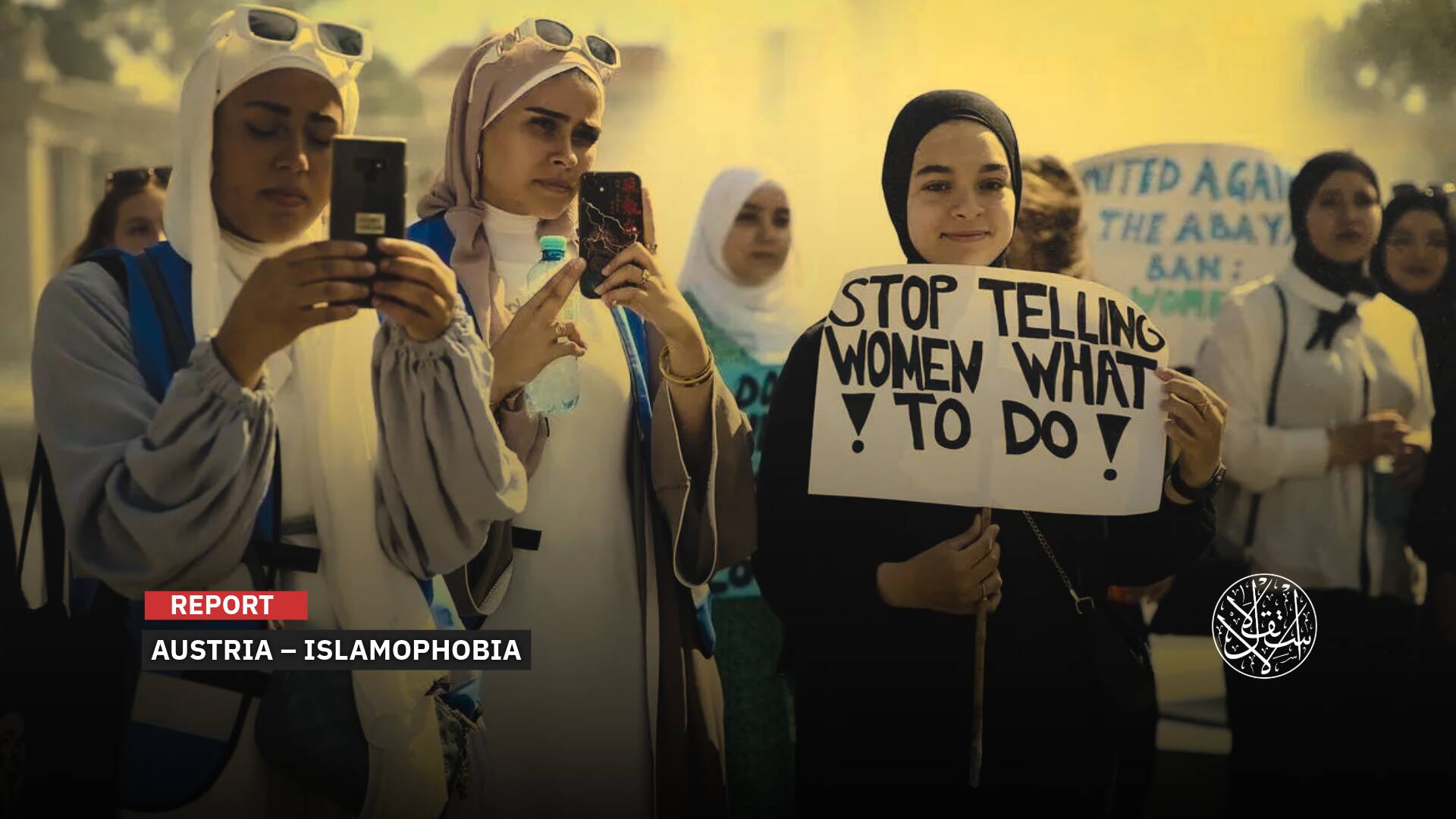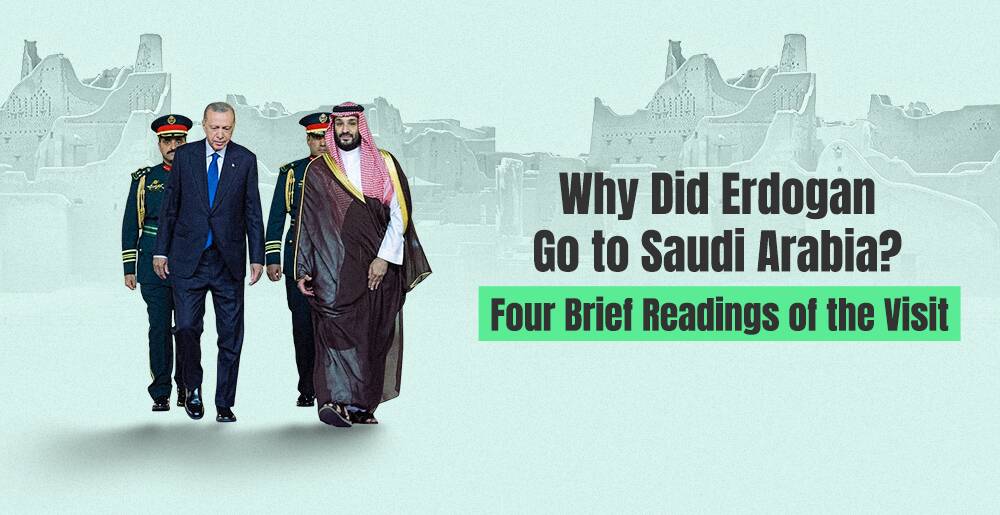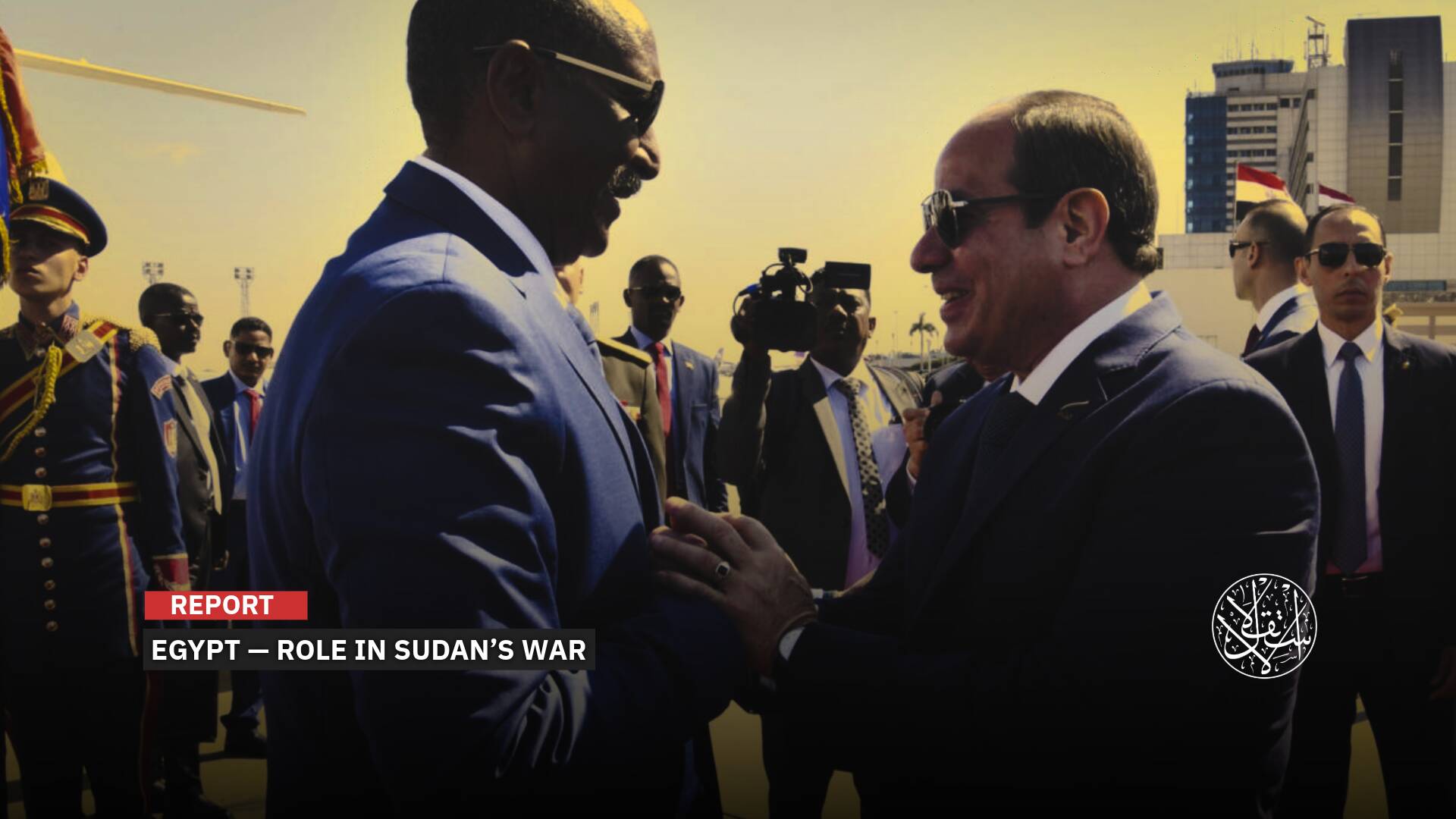How Djibouti Became a Battleground Between the UAE and National Sovereignty

The President of Djibouti described the UAE's involvement in his country as "disguised colonialism."
In the Horn of Africa — a region where global trade routes converge and geopolitics is inseparable from geography — a quiet yet deeply sensitive standoff has been simmering for years between Djibouti and the United Arab Emirates.
At the heart of this tension lies the strategic Doraleh port, one of the most vital maritime hubs on the African coast overlooking the Red Sea and the Bab el-Mandeb Strait.
But the dispute has long since moved beyond a commercial disagreement over a port management contract.
It has evolved into a struggle over sovereignty and political and economic independence — a shift laid bare by Djibouti’s President Ismail Omar Guelleh in a rare interview with The Africa Report.
In a series of unusually candid remarks, Guelleh leveled direct accusations at Abu Dhabi, claiming it is seeking to assert control over his country’s resources through financial leverage and strategic contracts, describing the Emirati approach as a form of “disguised colonialism.”
The dispute over the Doraleh port, Guelleh suggested, is merely one piece of a far broader project — a campaign aimed at dominating ports and maritime corridors across East Africa.
It comes as the UAE expands its financial and military footprint throughout the Horn of Africa, Yemen, and the Red Sea, part of an accelerating race to control the key arteries of global trade.
What does this escalation reveal? How did a relatively small port become the epicentre of a regional power struggle? And to what extent has the UAE been quietly pulling the strings at the heart of this complex and unfolding geopolitical contest?

Guelleh’s Statements
The Djiboutian president’s remarks came during an in-depth interview with The Africa Report on May 25, 2025, in which he addressed a tangle of regional flashpoints — from the ongoing crisis in Gaza to the long-running dispute with Dubai Ports World over control of the strategic Doraleh terminal.
Guelleh traced the roots of the fallout with the UAE to his government’s refusal to submit to what he described as “dictates” imposed by DP World during its management of the port.
“The Emiratis have adopted a hostile attitude towards us ever since we refused to bow to their terms,” he said. “And we will not yield.”
Guelleh accused the UAE of deepening its interference in Djibouti’s internal affairs, using financial leverage as a tool to assert control over critical infrastructure, particularly ports, which serve as lifelines for the Djiboutian economy and the broader trade routes of the Horn of Africa.
He recalled his government’s 2012 decision to terminate DP World’s port management concession, describing the earlier agreements as a form of “colonialism wrapped in commercial packaging.”
Hinting that the UAE’s ambitions to control ports extend beyond Djibouti alone, Guelleh remarked that “Djibouti is not the only country to view the UAE’s policies as a threat to regional stability.”
He revealed that one of the reasons behind his government’s decision to dissolve its sovereign wealth fund was to prevent certain parties from using it as a gateway to enable Dubai Ports World to acquire additional strategic assets within Djibouti — a move that prompted swift action from the authorities to shut that door.
When asked about the prospects for a settlement or mediation with the UAE, Guelleh was unequivocal, stating that he sees no genuine signs or intentions from Abu Dhabi to move in that direction.
He described Emirati policies to date as lacking any real desire for de-escalation or compromise.
Guelleh’s criticism extended to Abu Dhabi’s actions in Yemen, particularly in the city of Aden, where Djibouti views the UAE’s activities as a direct threat to its strategic interests in the Bab el-Mandeb Strait and the Horn of Africa more broadly.

The Background of the Conflict
This latest wave of political and media escalation between Djibouti and the UAE marks a new chapter in a longstanding rivalry, fueled by intensifying competition over influence in the vital ports and maritime corridors of East Africa — a region that has become a complex battleground where economic, strategic, and security interests intersect.
The origins of the dispute date back to February 23, 2018, when the Djiboutian government revoked the 50-year concession granted to Dubai Ports World, which had given the company the right to manage and operate the container terminal at the strategic Doraleh port.
While Djibouti maintained that the decision was a defence of its economic sovereignty and a rejection of what it described as “unfair and unbalanced terms” embedded in the original concession agreements, Dubai Ports World turned to international arbitration.
Subsequently, the London Court of International Arbitration ruled in favour of the Emirati company, upholding the legality and binding nature of the concession, and called on Djibouti to restore the rights of the UAE firm.
Djibouti, however, has steadfastly refused to comply with those rulings, insisting that the contracts, signed under opaque circumstances, granted Dubai Ports World excessive control over a vital commercial gateway, one that touches on Djibouti’s national security and shackles the country’s economic policies for decades to come.
On July 20, 2018, then Foreign Minister Mahamoud Ali Youssouf launched a sharp denunciation of Abu Dhabi’s policies in the Horn of Africa, accusing it of acting as the “armed and financial wing” executing the strategic agenda of the Trump administration in the region during his first term.
Youssouf’s statements came in an official memorandum sent at the time to Djibouti’s ambassadors abroad — a copy of which was obtained by Indian Ocean News.
The document reflected growing unease within Djibouti’s decision-making circles over the UAE’s actions and its emerging alliances in the region.
In the memo, the minister asserted that the UAE was leveraging its financial and military power to reshape the alliance landscape in the Horn of Africa in ways that serve Washington’s interests.
He revealed that the then Crown Prince of Abu Dhabi, Mohammed bin Zayed — now the country’s president — had pledged billions of dollars in deposits and investments in Ethiopia, in exchange for accelerating rapprochement between Addis Ababa and Asmara.
Djibouti viewed this as a direct threat to its strategic position as the primary gateway for Ethiopian trade through the Red Sea.

Concession Agreement
These remarks came at the height of the escalating crisis between Djibouti and the UAE, following Djibouti’s decision to revoke the concession granted to Dubai Ports World.
The minister’s memo also highlighted how Emirati influence had extended to destabilising the balance of power within the Horn of Africa by backing the rapprochement between Ethiopia and Eritrea — a move perceived as undermining Djibouti’s traditional alliances in the region.
Youssouf also warned at the time that the diversion of a portion of Ethiopian trade to the Eritrean port of Assab, instead of Djibouti’s ports, would directly impact his country’s economic interests, insisting that these moves were clearly driven by Emirati influence.
Alongside these economic maneuvers, the foreign minister’s memo addressed strained relations with Eritrea, noting that the latter continued to support the opposition group, the Front for the Restoration of Unity and Democracy (FRUD).
Djibouti viewed this as part of a broader strategy to exert political pressure alongside economic and logistical constraints.
In concluding his memorandum, Minister Youssouf urged his country’s ambassadors to convey Djibouti’s unequivocal stance to Ethiopian leadership, expressing deep frustration over the redrawing of regional alliances in a way that sidelines Djibouti’s strategic role in the Red Sea and the Horn of Africa.
The region’s significance stems from its control over critical maritime corridors, transforming it into a contested arena where major and regional powers fiercely compete to cement their influence, led by the UAE, alongside actors such as Turkiye, Qatar, the United States, and Egypt.
Djibouti sees Emirati maneuvers as exacerbating the region’s chronic tensions by deepening divisions among neighbouring states, particularly through Abu Dhabi’s support for Addis Ababa’s efforts to find alternative maritime outlets, thereby reducing its historic reliance on Djibouti’s ports.
This, Djibouti regards as a direct existential threat and the root cause of its president’s sharp criticism of the UAE.
Ethiopia, the most populous and militarily powerful country in the Horn of Africa, faces the predicament of being landlocked, with no direct access to the sea. This reality compels it to continually seek strategic alliances to break free from geographical constraints.
Here, the UAE has played, according to observers, a pivotal financial and political intermediary role in opening new channels for Ethiopia, through Eritrea’s port of Assab and Somalia’s ports in Berbera, in exchange for generous investment commitments.
This development has caused considerable unease in Djibouti.

Rising Tensions
Regional tensions escalated further in recent years as Ethiopia embarked on ambitious plans to diversify its supply routes and expand both land and maritime transport.
This strategy attracted growing interest from Gulf states, particularly the UAE, which has openly sought to cement its presence through agreements to manage and operate ports along the Horn of Africa’s coastline.
Amid this rising friction, May 2024 saw a new attempt at easing relations between Addis Ababa and Djibouti, marked by a meeting of their joint ministerial committee — an effort reported by the French publication Africa Intelligence.
However, the meeting between Ethiopia’s Transport Minister Alemu Sime and his Djiboutian counterpart Hassan Humad Ibrahim failed to produce any substantive breakthrough in repairing the deteriorating ties.
This unfolding regional dynamic is a source of deep concern within Djibouti, which faces the very real threat of losing its longstanding role as Ethiopia’s principal economic gateway, all while Emirati influence continues to redraw the maps of alliances and interests across the Horn of Africa.
While some international institutions view increased economic integration in the region as a potential pathway to stability, Djibouti perceives the deepening Emirati entrenchment at the heart of the power equation as precisely what risks unleashing further accumulated conflicts across East Africa.
Amid this escalating struggle for influence in the Horn of Africa, Djibouti began taking decisive steps throughout 2024 to reduce its historic economic dependence on Ethiopia — part of a broader effort to counter what it increasingly sees as a direct threat posed by Emirati expansionism to its geographical and economic role.
A report published by Germany’s Deutsche Welle (DW) on February 29, 2024, highlighted how Ethiopia’s ambition for a maritime outlet intersects with Djibouti’s efforts to disentangle itself from Ethiopian imports, which have long underpinned the revenues of its transport and services sectors.
In a bid to broaden its economic independence, Djibouti recently invested in upgrading its maritime infrastructure, introducing four state-of-the-art cranes capable of handling ultra-large container ships.
This move positions Djibouti to re-establish itself as a regional hub for transshipment and feeder services to smaller ports across the region, reducing its historic reliance on Ethiopian transit cargo.
Behind these economic maneuvers, a complex new map of regional alliances is beginning to take shape—intricately linked to the ongoing conflict with the UAE, experts say.
Following the signing of a memorandum of understanding between Ethiopia and Somaliland to establish a new maritime outlet in Berbera with direct support from Abu Dhabi, the deal has become a pivotal moment in reshaping geopolitical alignments across the region.
As the Ethiopia–Somaliland bloc strengthens under the UAE’s umbrella, Djibouti has moved swiftly to counterbalance this alliance by forging a front that includes the Federal Government of Somalia — Somaliland’s long standing rival — alongside Saudi Arabia, which has been deepening its involvement in the Horn of Africa amid its geopolitical rivalry with the UAE for regional influence.
Observers suggest that Cairo, closely monitoring developments given its protracted dispute with Ethiopia over Nile waters, may see in these emerging alignments an opportunity to recalibrate the regional balance of power, which is increasingly being reshaped in a frenetic contest among multiple actors.
Experts note that for Djibouti’s decision-makers, the battle is no longer just about a port concession or management contract.
It has evolved into an existential struggle over the country’s strategic place within a complex geopolitical landscape — one in which UAE influence sits at the heart of the threats, whether through backing maritime alternatives for Ethiopia or by seeking to encircle Djibouti with new economic and security alliances that marginalize its central role in the Red Sea corridor.


